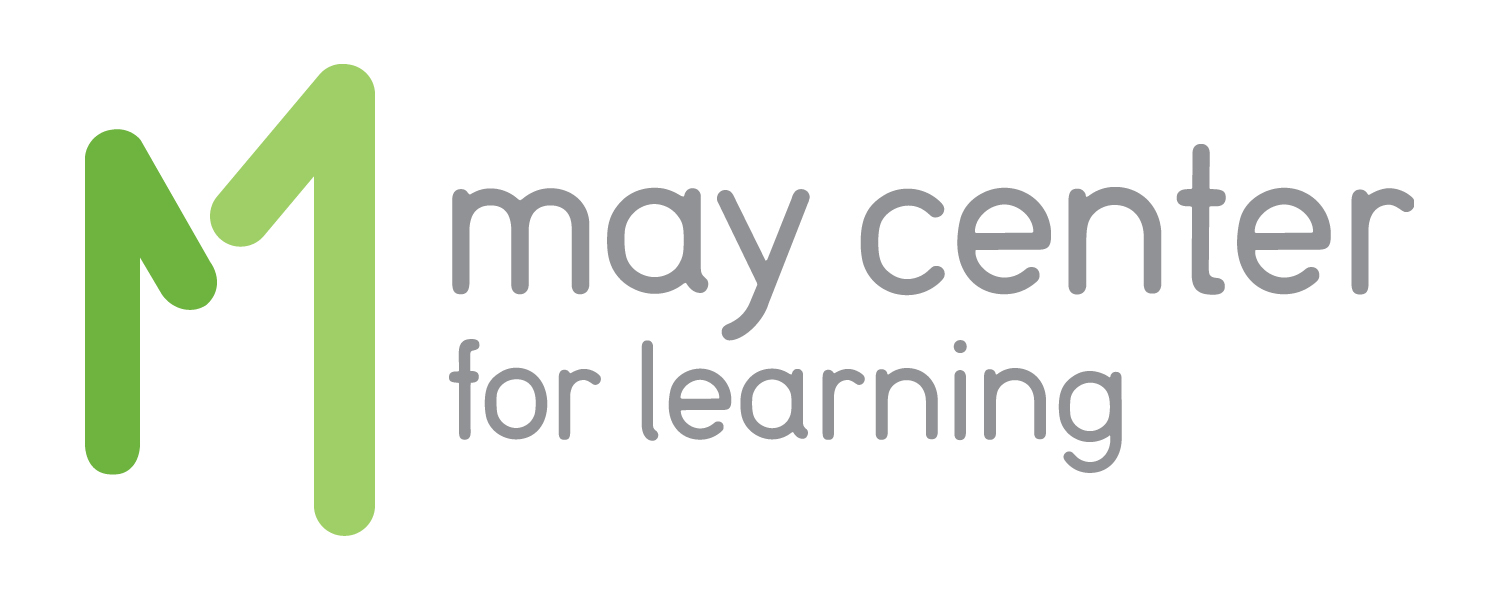Coping with Learning Differences: Santa Fe New Mexican
Matias Gonzales was diagnosed with dyslexia in third grade. He is just one of the 20 percent of the world’s population coping with a learning challenge of some type. But what exactly is a learning difference, and what does it mean to live with one? It’s a question few people other than those dealing with the difference — and their loved ones, of course — probably consider.
Valentina Watson, a counselor at the Mandela International Magnet School, said learning differences may mean different things to different people. Being diagnosed with a learning difference informs the parent, teacher and student that “they [the student] learns in a different way, not that they lack intelligence,” she said.
But even with this assurance, a diagnosis can be difficult to accept. “Honestly, it’s usually harder for the parents than the kids,” said Amy Miller, co-founder and executive director of the May Center for Learning, a Santa Fe-based organization that works with children dealing with learning differences. “The kids like having an explanation, whereas the parents have to deal with their expectations for their children.”
As a result, parents often feel helpless and uncertain, Watson said: “Often times, parents are afraid to ask for help because they are scared of getting stigmatized or are in denial. It’s sad to see a student who could have gotten early intervention but didn’t.” She and other experts say it’s imperative for parents to seek help as early as possible if they believe they have a child with learning differences.
“I think it’s really scary for parents who haven’t had the experience,” said Jennifer Fowler, a mother of two children with dyslexia. Fowler understands their challenge, because, she said, “When I was a child, I struggled a lot because I have dyslexia, too. You can’t keep up with the work, and without support, you start feeling stupid. You start losing confidence.”
Fowler thus understands the frustration that her son, Will, experienced when he had trouble learning the letters of the alphabet. “I got how he was feeling right away,” Fowler said. “But his stepdad didn’t because he doesn’t have learning differences. It was really difficult for him to understand why Will was having trouble.”
Whether or not the differences are understood, it is essential for the children to get help as soon as possible. “The earlier the kids get support, the better their outcome,” Miller said.
Fowler was able to get her son a tutor, and he eventually was enrolled at the May Center for Learning. The facility, which offers regular school days for K-8 students with teachers specifically trained to work with children with learning differences, also offers after-school tutoring and evaluations to gauge students’ learning strengths and weaknesses.
“There are kids who are really intelligent, but in today’s school system, they just don’t get to express that in the way that their brain works,” Miller said. Services like the May Center provide necessary coping techniques for them, Miller and others say. For example, Watson said a person who feels very anxious most or all of the time, “Needs to understand that they will likely have those tendencies for the entirety of their lives. Learning skills to cope and navigate the world with that learning difference is key, and early intervention is crucial.
“I often have to tell parents, ‘It’s not a sickness, so it’s not something we’re going to cure,’ ” she said. “Yes, it comes with a lot of difficulties, especially in school, but it also comes with a lot of gifts.”
Will and his sister, Sophie, might struggle to focus on academics, but they’re “a lot more talkative and active at home,” their mother said.
The same goes for Gonzales, a junior at the Santa Fe Waldorf School who plays soccer, basketball, and track and field. “It [dyslexia] affects you in every way,” Gonzales said. “But at the point where I’m at, it doesn’t affect you as much as one might expect.” He is aware that he will live with dyslexia for the rest of his life, but he wouldn’t exactly call it a disability. “It’s more of a disadvantage that you can work through,” he said.
It can be very difficult to work with a learning difference when the people around you have no idea what you’re talking about.“I think people are becoming more aware of it [learning differences],” Fowler said. “But in everyday relationships, it’s really difficult when that understanding isn’t there. As a person with a learning difference, it takes a lot of guts to speak up and say, ‘This is how I function.’ ”
The best thing that you can do for yourself if you have a learning difference is to understand yourself and be optimistic and educated about your learning difference, experts say. And one of the most important things an individual can do for a relative with learning differences is simply be there for them.
“Just embrace it and love them,” Fowler said. “They need the support and the love and the acceptance right away.”
Hannah Laga Abram is a junior at the Santa Fe Waldorf School. Contact her at ceciliasycamore@gmail.com
Niveditha Bala is a freshman at the Mandela International Magnet School. Contact her at niveditha.bala@mandelainternationalschool.us
Read the article here>>
